What is motivating people when they do an online search? Many businesses like yours are searching for the answer.
Marketing leaders theorize the reason we’re using search engines to find knowledge is influenced by three motivations: inspiration, education, and execution.
When we’re turning to the Google Gods, we’re looking for something that sparks our imaginations enough to want to know more about it. Or we want to purchase something, and then we want to find out how to get it.
Companies want to know the kinds of words we're typing into our browsers when we’re looking for information, whether we want ideas, need help doing something, or require a specific product or service to accomplish a goal.
Companies also want to know what kind of information we’re using to find our answers, like articles, videos, studies, reports — the most relevant the better — and create that type of content so it attracts us to their companies, products, and services.
This is what search engine optimized content creation for inbound marketing is all about, and it starts with the words — specifically, keywords.
Anatomy of a Keyword
Those words searchers use to verbalize topics for online searches? Those are keywords.
Search engine giant Google defines a keyword as “an informative word used in an information retrieval system to indicate content of a document.” HubSpot calls it, “a word or phrase that is a topic of significance.”
For marketing purposes, keywords come in four types:
Broad Keywords are most often one typical word that can apply to your industry or company and usually make sense for many companies within your industry.
Fat Head Keywords are usually word phrases made up of two or three broad keywords and are also general in nature.
Chunky Middle Keywords are described as general words and phrases that real consumers are typing into search engines every day.
Long-Tail Keywords are longer word phrases or a series of words that are specific to your identity as a company and within your industry.
Why do you want to know what keywords your prospects are searching for on Google?
- To gain insight into their questions, pain points, and interests
- To build a foundation for your content creation so your website visitors can understand it as it relates to their searches
- To help website visitors scan your content for the things they are looking for
- To help search engines determine the purpose of your content and index your pages appropriately
Tools for Keyword Research
Keyword research is a proven function of inbound marketing to gain insight into what keywords your prospects are using. Luckily, we’ve got tools to help us.
Use social media channels.
If you want to know what people are talking about, what the hot topics are, what folks are asking their peers, what they’re complaining about, and what they’re saying about your company, head to your Facebook, Twitter, and LinkedIn feeds or log on to YouTube. Each of your social media platforms has robust analytics tools for identifying trends, keywords, and hashtags as well as most viewed videos, shared links, articles, and more information.
Use Google Tools.
The Google Trends tool gives you an inside look at Google’s database of searches by regions, categories, languages, time, and other search properties to see single keywords or compare multiple terms. Google AdWords Keyword Planner can help you choose the right keywords for your company whileGoogle Autocomplete results predict possible search terms that other people are searching for.
Use Wordtracker.
Wordtracker is a market research tool built for SEO that can help you decide whether any type of keyword is worthy of your content efforts. This tool gives users an estimate of how many times a keyword or keyword phrase is searched each day, plus any related phrases or keywords.
Use HubSpot.
HubSpot's content strategy tool gives you real-time information on topics that are most relevant to your business. Set up topic clusters to identify topics that are attracting leads and customers and others that are not.
11outof11 for Keyword Research and SEO
When you’re ready to conduct a keyword search and optimize your SEO, connect with HubSpot Platinum Solutions Partner 11outof11. Request a complimentary call with an 11outof11 expert. Contact us to learn more!







.png)






